Medicine details
| Image |  |
| Name | Dicon |
| Dosage | Tablet |
| Generic Name | Glibenclamide |
| Classes |
Antidiabetic Agent Metabolic Agent Sulfonylurea |
| Diseases |
Type 2 Diabetes Mellitus Hormonal Disorder |
| Company | Jayson Pharmaceuticals Ltd. |
Drug Package Details
| Strength | 5 mg |
| Storage Condition | |
| Origin Country | Bangladesh |
| Commercial Pack | 100 |
| Price per pack | ৳ 28.00 |
| Cost per pack | ৳ 24.64 |
| Package unit | 10 tabs strip |
| Price per unit | ৳ 0.28 |
| Cost per unit | ৳ 0.25 |
| Discount | 0 |
| Coupon | |
| Remarks |
Glibenclamide
Glibenclamide is an oral hypoglycemic drug belonging to the class sulfonylureas. It works by closing K+ channels of the pancreatic beta cells which stimulates the release of insulin from the cells, thereby increasing the plasma insulin concentration. Glibenclamide also enhances the insulin sensitivity of peripheral cells.
Glibenclamide is indicated as an adjunct to diet and exercise to improve glycemic control in adults with type 2 diabetes mellitus.
The recommended initial dosage for Glibenclamide ranges from 1.5 to 3 mg daily, to be taken with breakfast or the primary meal of the day. Individuals who may be particularly sensitive to hypoglycemic medications should commence with a daily dose of 0.75 mg. It is crucial to adhere to the prescribed dosage schedule to avoid the onset of hypoglycemia. Patients who fail to comply with their recommended dietary and medication regimen are at a higher risk of experiencing an inadequate response to the therapy.
Side effects associated with the drug are uncommon. The following adverse reactions have been reported-
- Hypoglycemia
- Nausea
- Diarrhea
- Constipation
- Erythema
- Urticaria
- Leukopenia
- Agranulocytosis
- Hepatic porphyria
- Disulfiram like reactions
The administration of oral hypoglycemic drugs has been reported to be associated with increased cardiovascular mortality as compared to treatment with diet alone or diet plus insulin.
- There have been no clinical studies demonstrating conclusive evidence of Glibenclamide or any other anti-diabetic drug lowering macrovascular risk.
- In patients with impaired renal and/or hepatic function, Glibenclamide metabolism and excretion may be slowed. Hypoglycemia may be prolonged in such patients, and appropriate management should be instituted.
- All sulfonylurea medications can cause severe hypoglycemia. To avoid hypoglycemic episodes, proper patient selection, dosage, and instructions are essential. Glibenclamide levels in the blood may be elevated due to renal or hepatic insufficiency, and the latter may also reduce gluconeogenic capacity, both of which increase the risk of serious hypoglycemic reactions.
- When a patient stabilized on any diabetic regimen is exposed to stress such as fever, trauma, infection, or surgery, a loss of control may occur. At such times, it may be necessary to discontinue Glibenclamide and administer insulin.
Contraindication
Known hypersensitivity to the glibenclamide or other sulfonylureas such as-
None known.
Glibenclamide is Contraindicated in-
- Type 1 diabetes mellitus
- diabetic ketoacidosis (with or without coma)
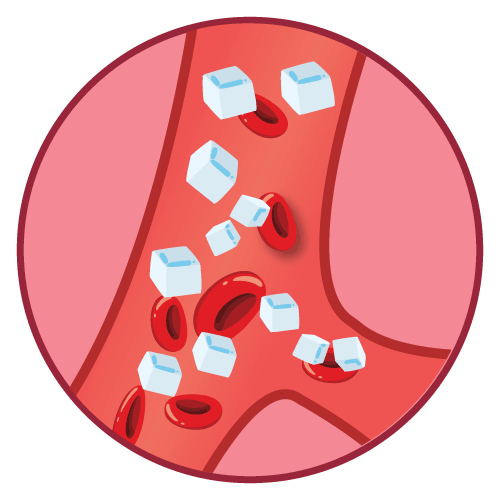



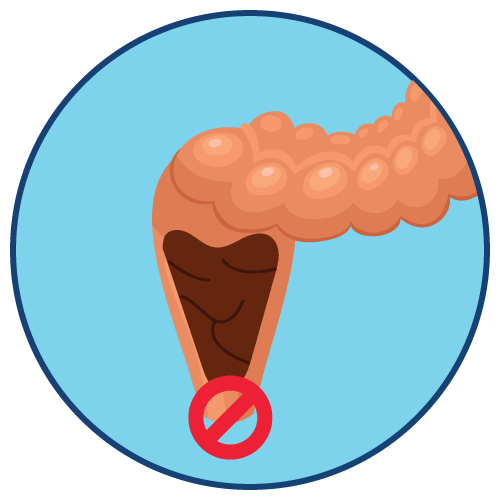

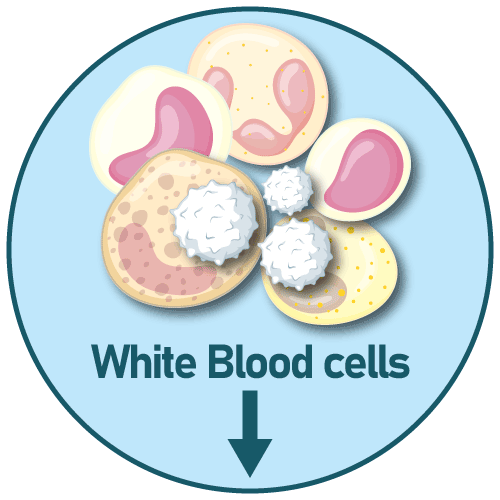
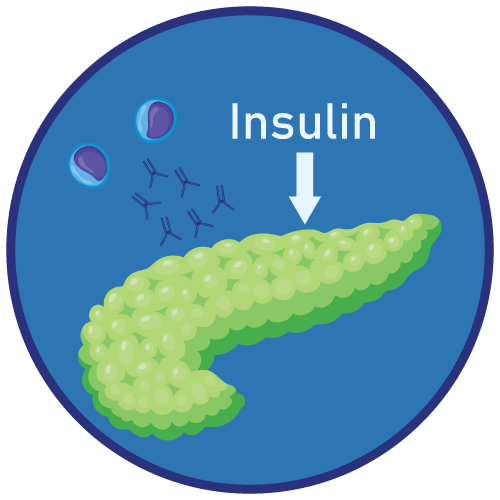
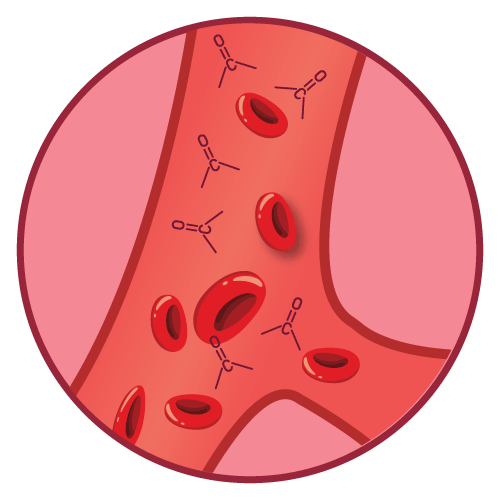
 Bangla
Bangla English
English